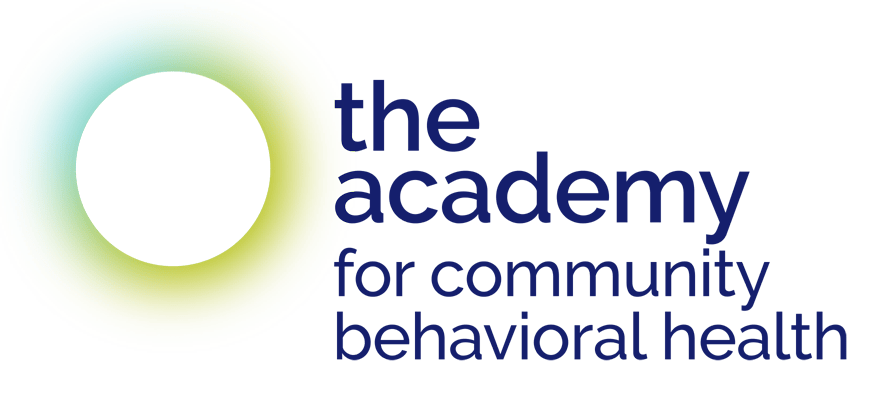All Scheduled Dates
January 24, 10:00am-1:00pm
Course Type
Single-Session
Course Length
3 hours
QUESTIONS?
Email [email protected]
ATTENDANCE POLICY
Learners who complete this 3-hour course will receive a certificate of completion from the Academy.
Psychological First Aid (PFA)
DESCRIPTION
Psychological First Aid (PFA) is an evidence-informed approach to help in the aftermath of stressful and potentially traumatic events. PFA is designed to reduce the initial distress caused by these events and help people strengthen short-term and long-term coping strategies during challenging times.
PFA does not assume that everyone who experiences a stressful or challenging event will develop severe mental health problems or long-term difficulties. Instead, it is based on an understanding that individuals will experience a broad range of common reactions – including physical, psychological, behavioral, and spiritual – to stress and trauma. Some of these reactions will cause people enough distress to interfere with adaptive coping.
In these circumstances, support from caring and compassionate responders can help facilitate recovery. PFA skills are designed to address acute needs for increased support immediately after a stressful event. PFA provides a framework to identify signs of distress, offer supportive and active listening, and understand how to link people with additional care when needed. PFA also emphasizes self-care for the helpers and building personal resilience while supporting others.
Those who complete the 3-hour Psychological First Aid course are eligible to attend Office Hours with the course instructor for additional support.
COURSE OBJECTIVES
Participants will learn 8 PFA Core Actions:
- Contact and Engagement: to initiate contacts in a non-intrusive, compassionate, and helpful way.
- Safety and Comfort: to enhance immediate and ongoing safety, and to provide physical and emotional comfort.
- Stabilization (if needed): to calm and orient emotionally overwhelmed or disoriented individuals.
- Gathering Information on Current Needs and Concerns: to identify immediate needs and concerns, gather additional information, and tailor PFA interventions.
- Practical Assistance: to offer practical help to individuals in addressing immediate needs and concerns.
- Connection with Social Supports: to help establish brief or ongoing contacts with primary support persons and other sources of support, including family members, friends, and/or community resources.
- Information on Coping: to provide information on common stress reactions and coping, to ultimately reduce distress and promote adaptive functioning.
- Linkage with Collaborative Services: to link individuals with available services needed at the time, or in the future.
WHAT TO EXPECT
This interactive course will include presentation as well as opportunities to participate and practice. Learners can expect individual activities, small group activities, and group discussion. We will ask participants to turn their cameras on during group activities and discussions, and welcome participants to stay on-camera throughout the course.
ELIGIBILITY
This course is open to staff of any non-profit community organization or government agency that delivers social services in NYC. It is intended for providers who work directly with community members who have experienced, or may be at risk for, stressful or traumatic events. We recommend this course for non-profit providers who are serving asylum seekers. No prior mental health background is needed.
INSTRUCTORS

This training is led by Dr. Adam Brown, Director of the Trauma and Global Mental Health Lab, Vice Provost for Research and Associate Professor of Psychology at the New School for Social Research. The focus of the lab’s work is to develop and implement culturally-responsive capacity building strategies aimed at reducing gaps in mental health care by training individuals to contribute to the wellbeing of others in their communities.
